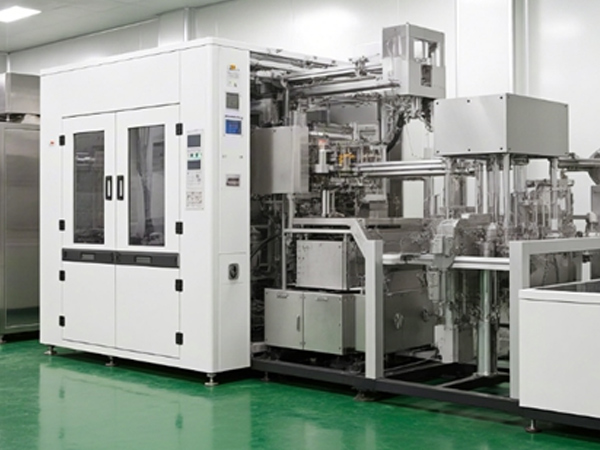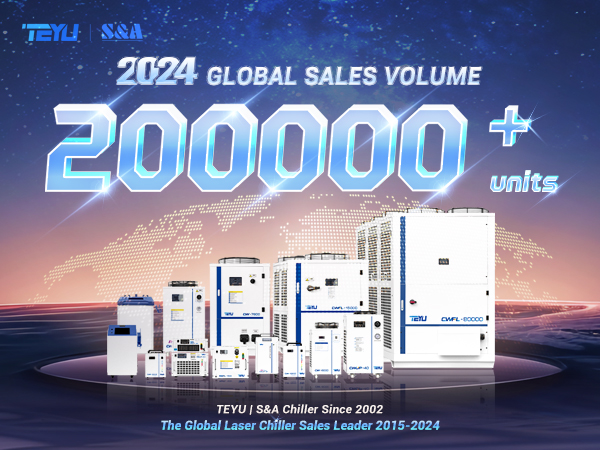Vacuum coating machines require precise temperature control to ensure film quality and equipment stability. Industrial chillers play a vital role by efficiently cooling key components like sputtering targets and vacuum pumps. This cooling support enhances process reliability, extends equipment lifespan, and boosts production efficiency.
Why Vacuum Coating Machines Require Industrial Chillers?
Vacuum coating machines operate by depositing thin films onto substrates through evaporation or sputtering in a high-vacuum environment. The process begins with vacuum pumps removing air from the chamber to avoid gas interference, followed by substrate cleaning to enhance adhesion. Materials are then evaporated or sputtered onto the substrate, and final treatments like annealing further improve film performance.
Applications of Vacuum Coating Machines
Vacuum coating technology is widely used across industries such as electronics, optics, automotive, and medical. In electronics, it supports the manufacturing of semiconductors and display panels, improving conductivity and insulation. In optics, coatings such as anti-reflective and reflective films enhance lens performance. In the automotive sector, chrome coatings improve both corrosion resistance and aesthetic appeal. In the medical field, antibacterial coatings help ensure the hygiene and longevity of surgical instruments.

Why Industrial Chillers Are Essential for Vacuum Coating Machines
Precise temperature control is critical during vacuum coating processes. Components like the sputtering target, substrate holder, and vacuum pump generate significant heat. Without proper cooling, the target may deform or erode, compromising sputtering rates and film quality. Excessive substrate temperatures can introduce thermal stress, reduce film adhesion, and affect coating uniformity. Industrial chillers provide stable and efficient cooling through recirculating water systems, ensuring consistent operating temperatures. This not only safeguards process quality but also enables continuous production, reduces downtime, lowers maintenance costs, and extends equipment lifespan.
The integration of industrial chillers with vacuum coating machines is vital for high-performance surface treatment. It empowers manufacturers to achieve precision, reliability, and efficiency, meeting the growing demands of advanced manufacturing industries. TEYU CW series industrial chillers provide precise temperature control and efficient cooling, offering cooling capacities ranging from 600W to 42kW with an accuracy of 0.3°C to 1°C, ensuring stable operation of vacuum coating machines.


We're here for you when you need us.
Please complete the form to contact us, and we'll be happy to help you.









































































































